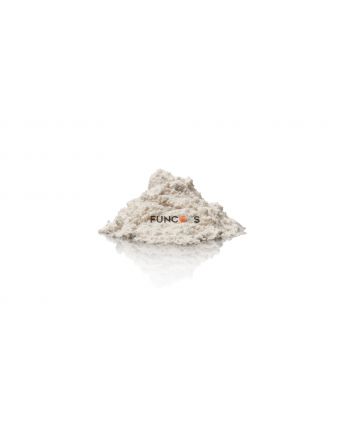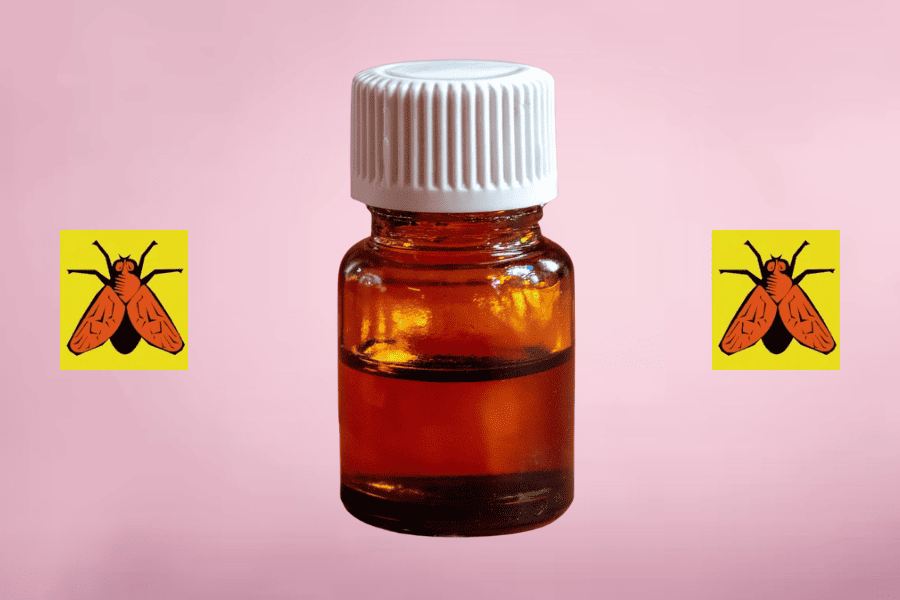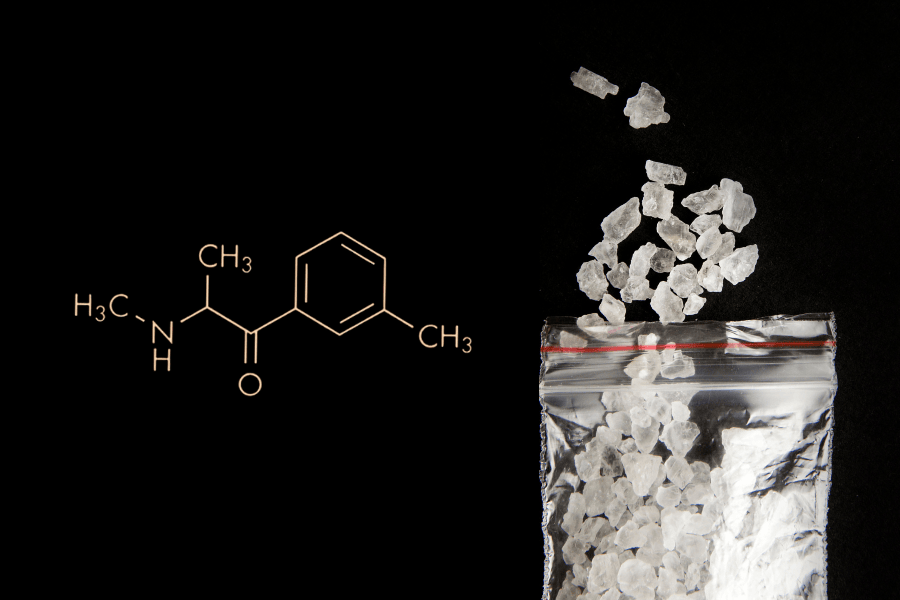What is the average HXE experience?
- Funcaps
- Blogs about research chemicals
- 23 Dec 2024
- 19views
- Reading time: 2 minutes

Have you ever done any research on MxiPr? If so, you will probably have noticed that it is a powerful research chemical within the arylcyclohexylamines. However, if you are just a budding researcher, you might prefer to start researching a milder substance. HXE is a fairly new, mild research chemical from the Netherlands, which also belongs to the arylcyclohexylamine group of research chemicals. In this article, we will therefore take a look at the average HXE experience and effect, so you can fill this gap in scientific research.
Positive HXE experience
In general, available data from online experience reports suggest that people have positive experiences with HXE due to its euphoric and comfortable effects. Moreover, it is not as wild RC as O-PCE or MXiPr. Below are the most commonly heard effects of HXE:
- Stimulant effects
- Higher doses lead to narcotic effects
- Warm feelings
- Feeling that your body is light and almost floating
- Sense of movement
- Suppression of nervousness
- Increase in creativity
- Death of the ego
- Appreciation for music
- Introspection increases
- Enhancement of orgasms
- Hallucinations
- Analgesic properties
Negative experience with HXE
Some negative HXE experiences were also detected, such as confusion, although these effects did not emerge as strongly as with, for example, MXiPr. Other lesser experiences with HXE include:
- Dizziness
- Forgetfulness
- Decreased libido
- Loss of motor control
- Loss of balance
- Double vision
- Spatial disorientation
- Tactile suppression
- Mania at higher doses
- K-Hole of long duration
What falls under dangerous doses is not yet known, but researchers suspect that these doses correspond to the higher doses of similar substances like DMXE or MXPr.
What is HXE?
HXE is a fairly recent research chemical, developed in the late 2020s in a Dutch laboratory. In 2021, this dissociative substance entered the market. HXE is also called hydroxetamine or 3-HO-2′-Oxo-PCE and is counted in the arylcyclohexylamine class. Although reminiscent in terms of chemical structure of MXE and Ketamine, its effects are more akin to 2-FDCK. At the time of writing, you can still buy Hydroxetamine, which is often available as powder.
This is probably how this chemical works
Since Hydroxetamine has not been around for very long, there has been little research on this substance. Due to its chemical structure, HXE is suspected to act as an antagonist to the NDMA receptor. These receptors are open and in that state allow electrical signals to pass between neurons in your brain and spine. Hydroxetamine, however, causes the receptors to be blocked, leaving them in a closed state. The disconnection of neurons leads to effects such as loss of sensation and sedative effects.
Related Posts












